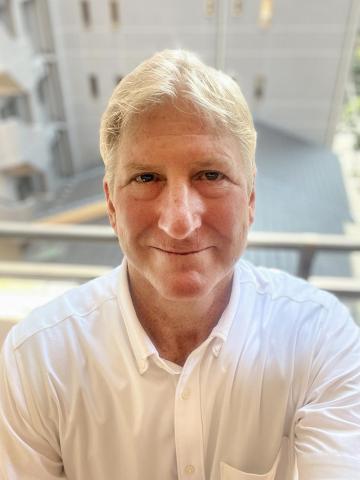Issue:

Dear members,
Charles Darwin’s centuries-old insights into biology can help explain more than the origin of species. They also provide a helpful frame for analyzing what’s going on in society, including the news media industry.
We often hear that mainstream news media are losing trust, readership and viewership because they’re biased or too focused on this and not that. But what does mainstream mean if not broadly popular? They are the fittest, marketwise, and, above all, they survive.
“Survival of the fittest’’ encapsulates an important idea, even though it didn’t originate with Darwin and doesn’t reflect the core idea of his world-changing theory of evolution.
This doesn’t suggest we should trust survivors any more or less, but it does show why the mainstream will never be in a hurry to change. And, indeed, sometimes, change comes for the wrong reasons and diminishes the chances of survival.
Take the decision of CBS to close its Tokyo news bureau. I have no inside information on the machinations that led to this self-harm, but the narrative that arises from what has been reported suggests that the decision had nothing to do with performance or market realities. CBS was the last remaining traditional big-three U.S. television network with a “full” bureau in the capital of the world’s fourth-biggest economy. Its talented, seasoned staff included FCCJ member Randy Schmidt, who also happens to be First Vice President of the Board of Directors.
Randy is a very well-honed Swiss Army Knife of television news production. If CBS had to keep the entire bureau just to keep him, it would have been a good move. The stories Randy worked on were regional. He is the guy you want behind the camera trekking through Cambodian jungles, Indian deserts with intermittent electrical power, no Wi-Fi and dubious law enforcement. He’s also the guy you want to set up and shoot an interview with a finicky U.S. vice president who needs a calming presence. Randy has done all that and more, getting it right time-after-time. And he’s been recognized with the biggest award in TV – an Emmy.
Why would CBS leave that behind? It was a dumb move. But shutting the Tokyo bureau could be just a maneuver to signal to investors that owner Paramount Global is so ruthless in cutting costs it’ll even sacrifice parts of itself. Paramount is for sale and Shari Redstone, the heiress who controls the U.S.-based movies and television giant, wants a deal badly. Paramount has lost 80% of its market value on her watch, winnowing the family fortune and making it even harder to attract bidders.
I won’t bore you further with details of why the sale of Paramount is proving so difficult, but know that the background economics involve the switch from broadcast to streaming and the generation of youth who would rather stare at TikTok for a couple of hours than watch a movie, or the news, for that matter.
Which brings us back to Darwin. The core principle of evolution isn’t survival of the individual, it’s reproductive advantage – survival of the species. Darwin borrowed philosopher and psychologist Herbert Spencer’s notion of “survival of the fittest” for a theory that defined suitability as success in reproducing.
This is also why TikTok is taking over. Its content isn’t fitter in terms of quality or quantity. It won’t be winning any awards for reporting, filmmaking or serving the public. But its algorithms mimic biological reproduction that yield exponential growth. A TikTok clip that draws attention will automatically expand viewer numbers geometrically – no advertising, promotion or quality control necessary. Even the best marketing and promotion for movies or TV news in the world can only increase viewership on a linear, or mathematical, basis.
The future of news media, just like its past, will be deeply shaped by the math Darwin applied to biological reproduction – for better and worse. If you’re in the news media business – or running a club for journalists – that had better be on your mind.
Dave McCombs
President, FCCJ

